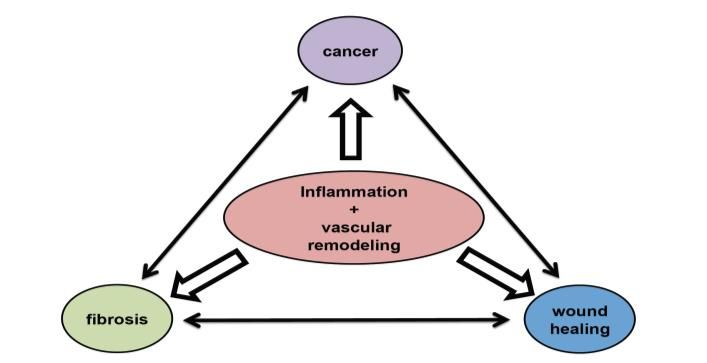Research Group Christian Stockmann
Keywords
Microenvironment, hypoxia, fibrosis, immune surveillance
Summary & Mission statement
We aim to exploit the hypoxic response in Natural Killer (NK) cells to provide a novel therapeutic paradigm for the management of organ fibrosis and cancer.
Overview
Organ fibrosis as well as tumor progression show pathological features that are reminiscent of a classical wound healing response. Therefore, our work is based on the hypothesis that wound healing, organ fibrosis and tumor progression share strong mechanistic links. The prominent features of these processes are infiltration of immune cells and subsequent remodeling of the vasculature in response to hypoxia (low oxygen). Hypoxia-inducible transcription factors (HIFs) are central mediators of cellular adaptation to low oxygen (hypoxia). NK cells are key for immune surveillance in cancer and pre-cancerous types of organ fibrosis, due to unique cytotoxic properties. Our recent results indicate that HIF-deficiency impairs NK cell immune surveillance. We, therefore, hypothesize first, that HIF signaling is critical for NK cell performance, and second, that manipulating the HIF pathway in NK cells is a novel therapeutic target in cancer and organ fibrosis. Based on innovative murine disease models combined with genetic, NK cell-specific loss and gain of function approaches for HIFs, elaborated in vivo real time imaging techniques, the successful candidates will define the role of the hypoxic response in NK cells during organ fibrosis and tumor progression.
Publications
